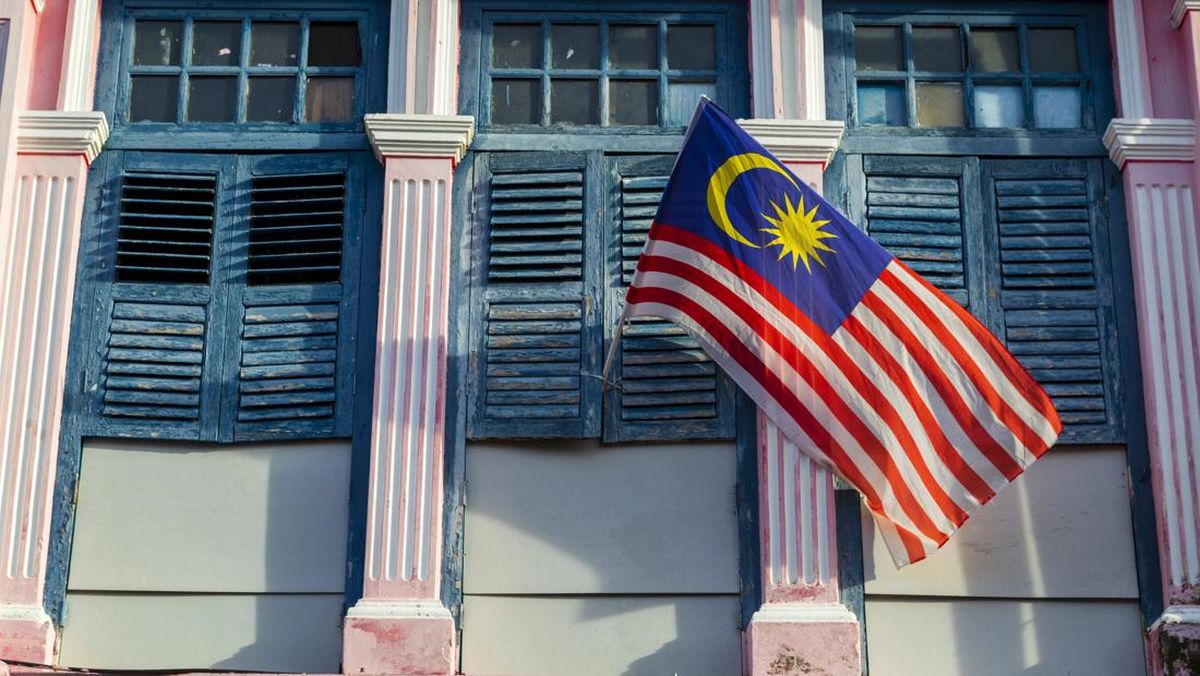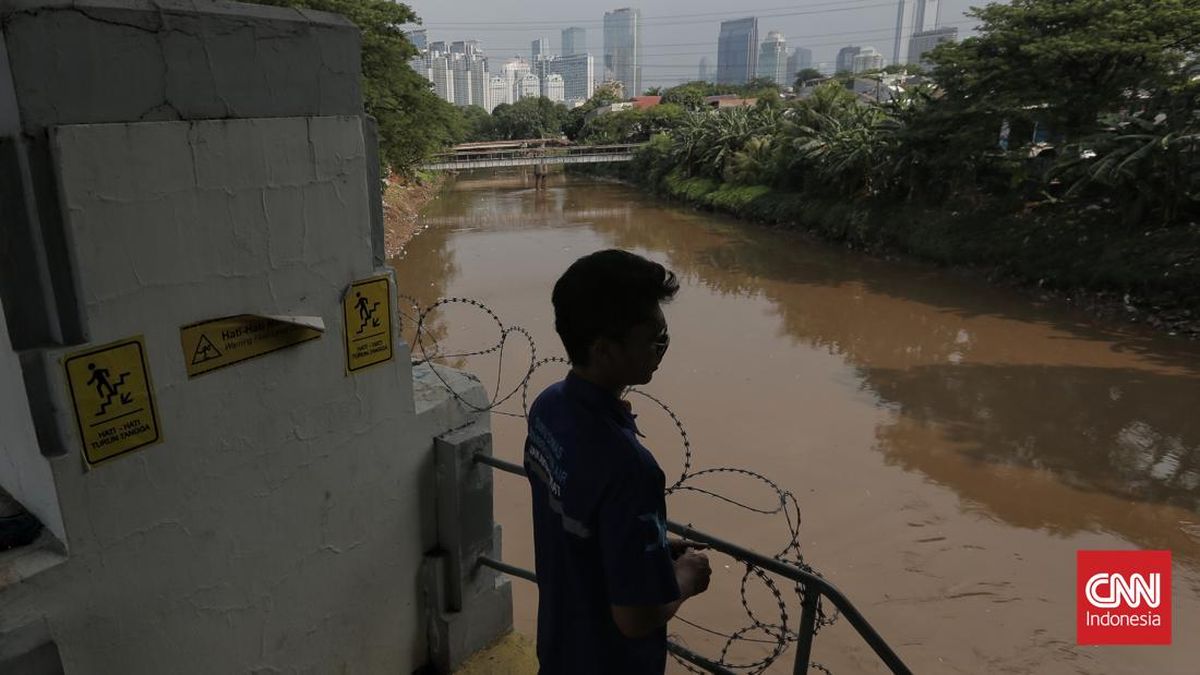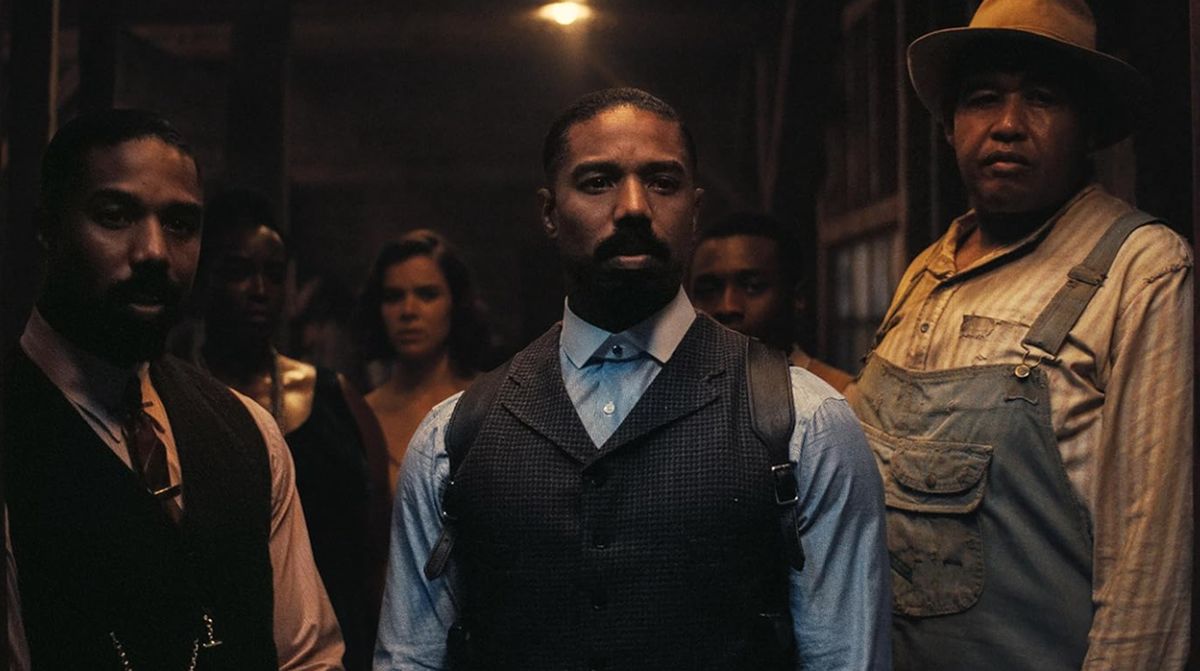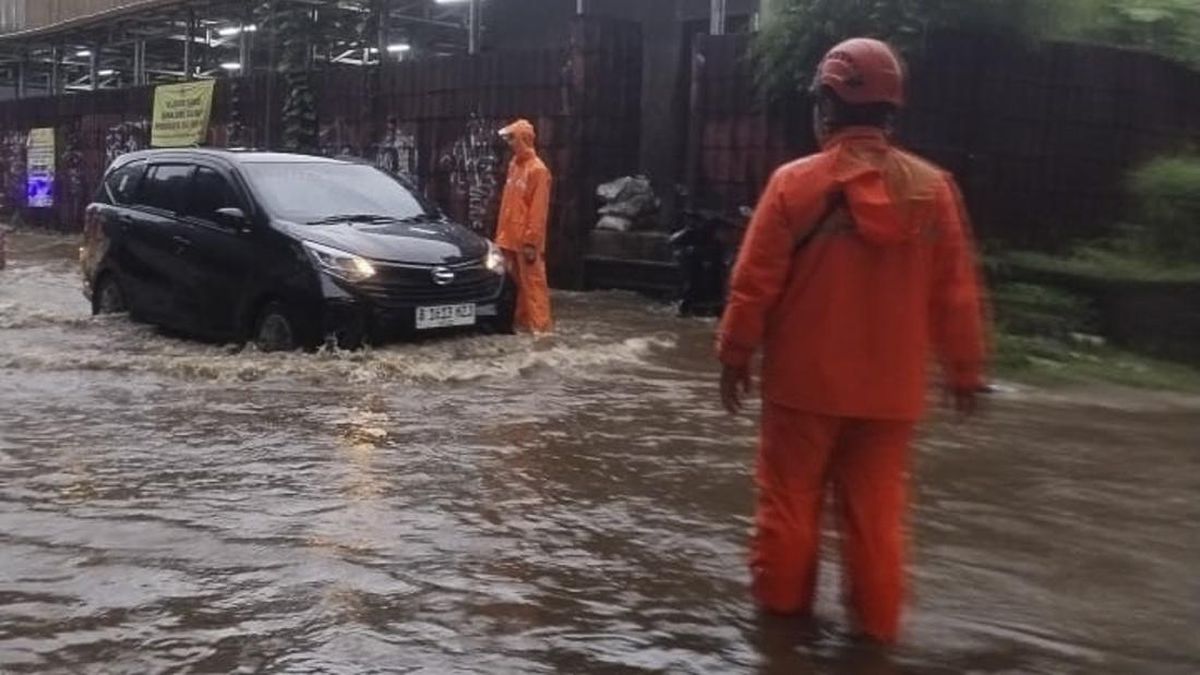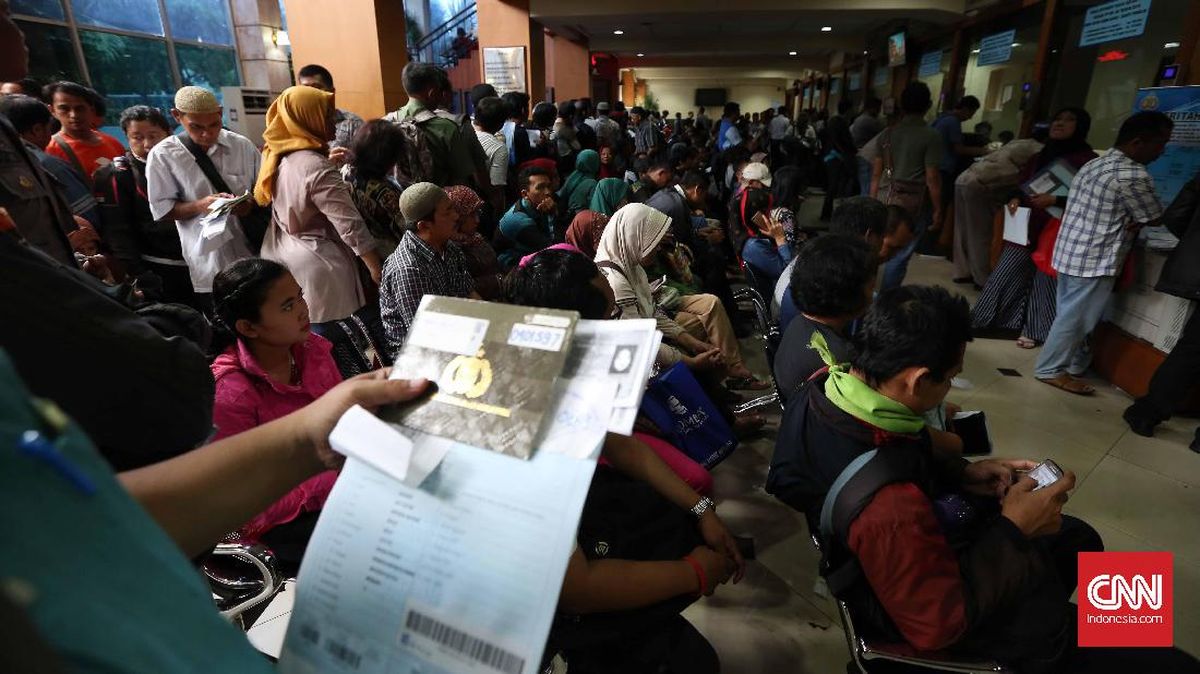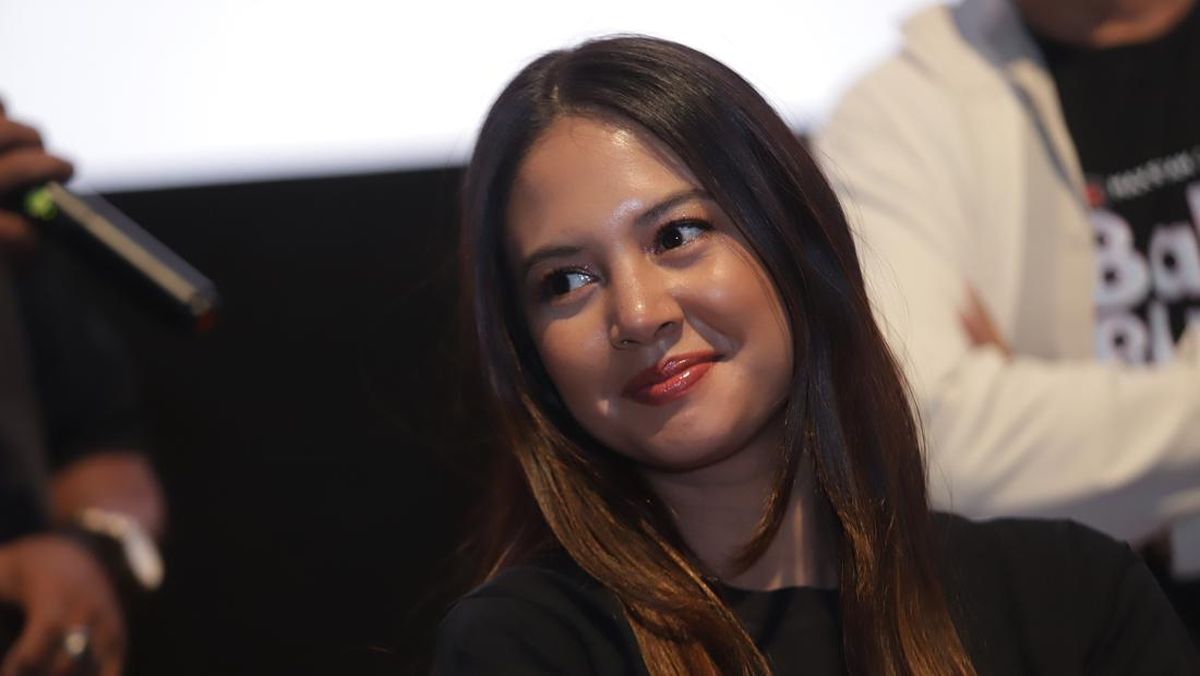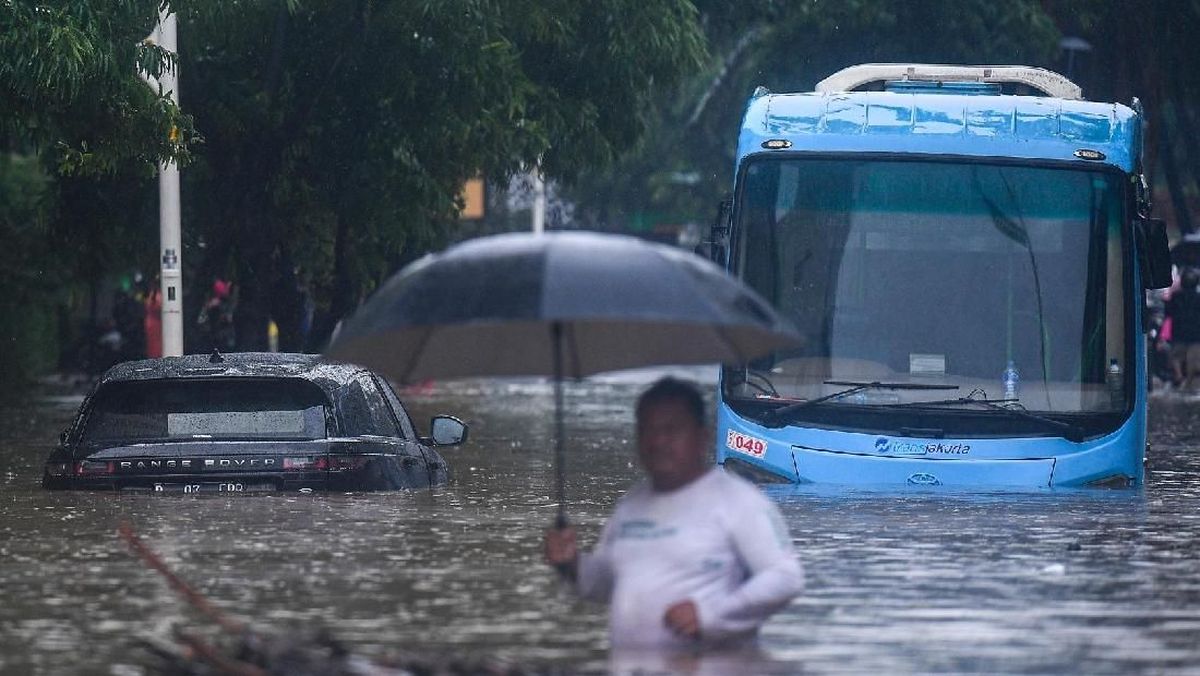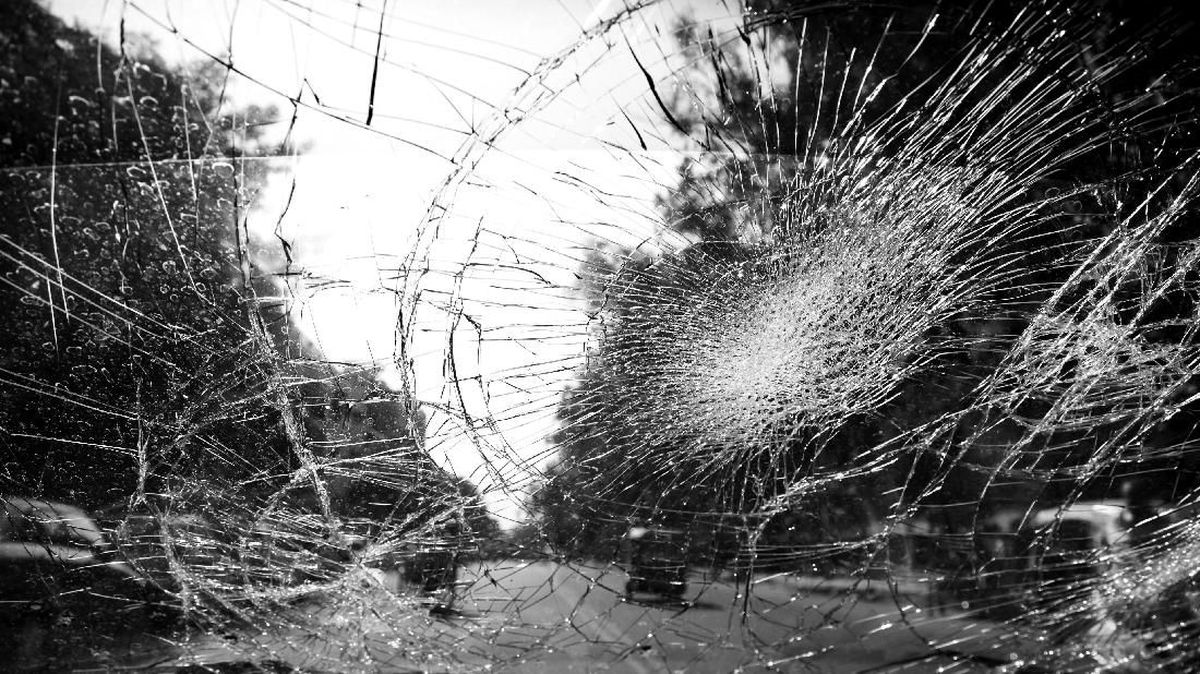The discovery of the illicit substance sparked a “large-scale and complex” investigation that led police to End of Life Services, a business selling drugs to help people end their lives.
Loading
On Monday, three Gold Coast residents – Brett Daniel Taylor, 53, his father Ian Taylor, 80, and Elaine Arch-Rowe, 81 – were charged with aiding Bedford’s suicide and trafficking dangerous drugs. Police believe the trio could be connected to as many as 20 suicides across Australia.
Authorities allege Brett Taylor, the business’s main contact, deliberately targeted “vulnerable people, taking advantage of them in their most desperate moments”.
“We will allege he [Taylor] hasn’t acted compassionately at all – this is a business transaction for him,” Gold Coast Detective Inspector Mark Mooney said.
But the same characterisation has not been so readily applied to 81-year-old Southport woman Elaine Arch-Rowe, who police say acted as Taylor’s secretary.
When Arch-Rowe emerged from the Southport Magistrates Court on Tuesday, white-haired and stricken, the court had heard she was a long-time end of life advocate and supporter of Dr Philip Nitschke, the founder of Exit International and the first doctor in the world to administer a legal, lethal voluntary injection.

Elaine Arch-Rowe, was released on bail from the Southport Watchhouse on Tuesday. Credit: AAPIMAGE/Darren England
Nitschke said he met Arch-Rowe more than 20 years ago when she was involved in a campaign to help 69-year-old Gold Coast cancer victim Nancy Crick end her own life.
“She’d been a strong supporter of Nancy’s decision to take that step and was involved in trying to draw attention [to her cause],” Nitschke said.
Nitschke described Arch-Rowe as having “strong beliefs” about a person’s right to end their lives, and said she volunteered for Exit’s Gold Coast arm for many years, helping to organise workshops for the group’s national tours.
Exit workshops are mostly attended by elderly folk about 75 years of age – “people who have been around long enough to know that not everyone’s deaths turn out to be as peaceful and easy as they would like,” Nitschke said.
Support is available from:
They were also attended by people like Bedford, who Nitschke remembers. “[David] spoke repeatedly about his desire to have the means by which he could end his life [but as] a quadriplegic, he wouldn’t be considered eligible for the Queensland law.”
Nitschke has ferociously advocated for voluntary euthanasia since the ’90s, and openly discusses methods to source end of life drugs and products at his workshops.
The line between this and the Gold Coast trio’s operation appears to be a hefty service fee, with the business charging between $2950 and $3600 for “end-of-life packages”.
“There’s been entrepreneurs around for a long time in this area,” Nitschke said. “It’s a huge scam market.”

Dr Philip Nitzsche believes every person of sound mind and age should be able to choose when they die. Credit: Exit International
Nitschke doesn’t believe money was Arch-Rowe’s motivation. “I knew that Elaine had met someone who she was very infatuated with, but I had never met him [Taylor],” he said.
“I presume [the operation was] done for financial reasons [but] I feel much more sorry for Elaine, who I think really did have strong feeling for the people she was meeting and the plight they often found themselves in.”
To be eligible to access VAD in Queensland, adults must have been diagnosed with an advanced disease, illness or medical condition that would cause death within 12 months. They must also be assessed by two doctors and make three separate requests to access the scheme.
Exit International is of the belief every adult, regardless of their physical health, has a right to make plans to end their lives.

Queensland Premier Annastacia Palaszczuk introduced Queensland’s voluntary assisted dying bill in 2021. Credit: Getty
“If you’ve got mental capacity, and you’re not a child, I would say you’ve got every right to divest yourself of this precious gift of life,” Nitschke said.
Queensland’s VAD legislation, including its eligibility criteria, will be reviewed next year.
Ben White, a professor in end of life law and regulation at QUT, doesn’t believe the political climate in Queensland, or Australia, is ripe to expand the criteria.
Loading
“Australia’s taken a pretty narrow approach to its eligibility criteria when you look at international models [but] that was really a political necessity,” White said.
“We had 40 attempts before we had the Victorian [voluntary assisted dying] law.
“I think politically, the challenges that came with passing the law will also apply to whether or not the eligibility criteria will be extended.”
Clem Jones Trust chair David Muir, whose organisation played a key role in the creation and drafting of Queensland’s VAD policy framework, said there are people who are “suffering” and “desperate”, and believes there should be greater consideration of “whether these people are getting adequate support in terms of psychiatric, psychological, pain relief and other support”.
“One needs to consider whether access to VAD needs to be broadened or not,” Muir said.
“There are desperate people out there, and what’s the best way of addressing their suffering?
“I certainly wouldn’t be advocating for them to take things into their own hands, because obviously that’s not lawful, but we need to ask the question, why is this happening? And what can be done to address it?”
White isn’t surprised illegal activity has continued in the voluntary assisted dying space, but urged people to remember why the legislation exists.
“One of the strengths of the voluntary assisted dying system that we have is that the rigorous eligibility criteria has to be assessed by two trained and specially qualified doctors,” he said.
Loading
“That eligibility criteria includes making sure the person has decision-making capacity – that it’s truly their choice.”
It took decades for Australia to allay its conservative roots enough to allow for the introduction of voluntary assisted dying laws. It may be decades before those laws are broadened – if they ever are.
For people caught in the grey area between autonomy and law, suffering and peace, the answer to questions around a dignified life and an undignified death depend on who is asking.
“I’ve had for the last 20 years, lethal drugs in the cupboard,” Nitschke said.
“I don’t feel like going to the cupboard and killing myself just because I’ve got access to the drugs … [but I have] the feeling that I am in control.”
Start the day with a summary of the day’s most important and interesting stories, analysis and insights. Sign up for our Morning Edition newsletter.

